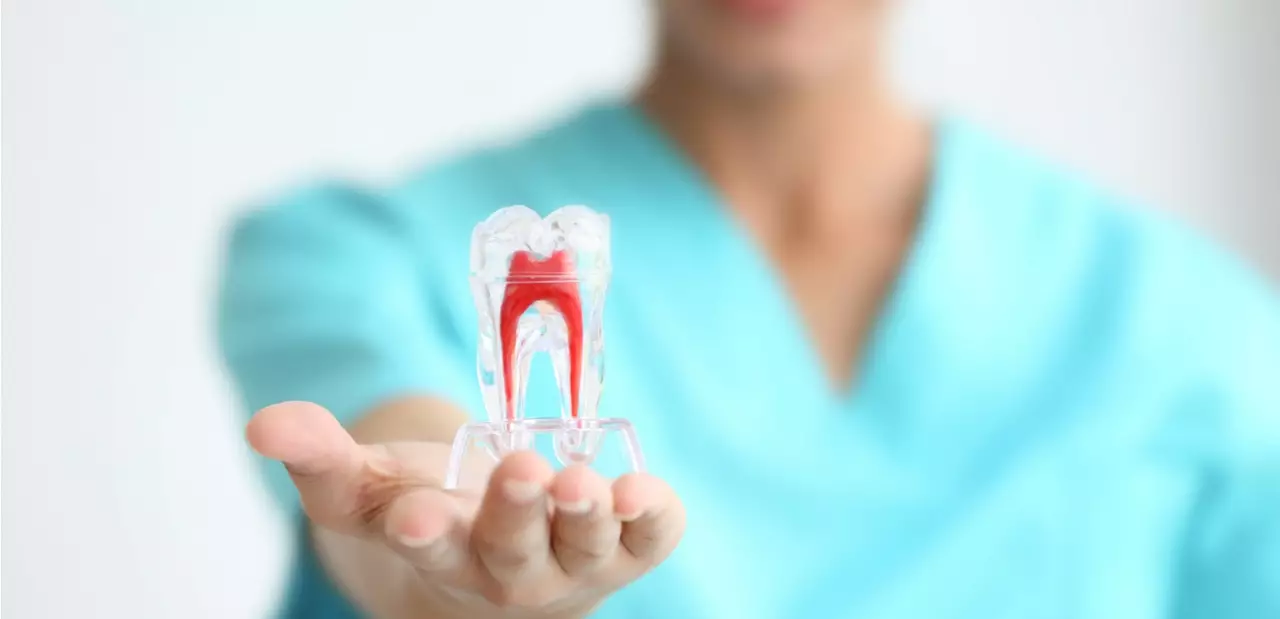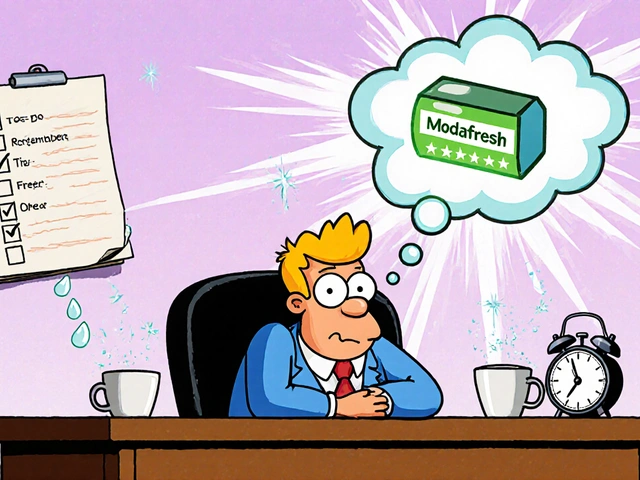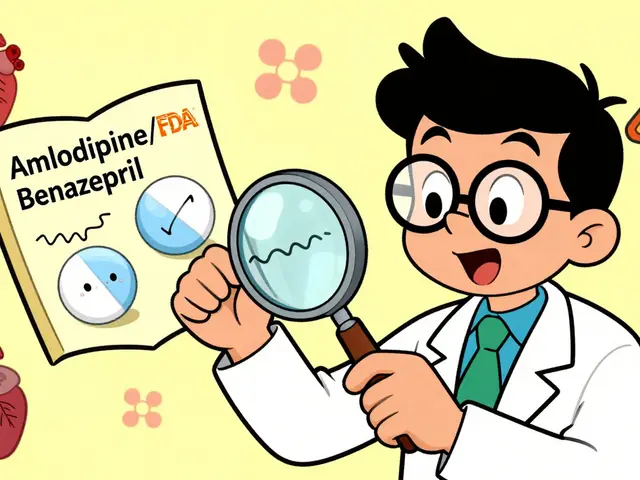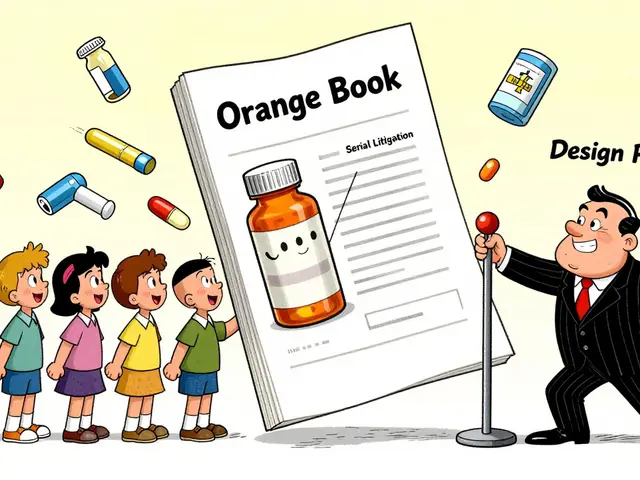Toothaches: fast help, common causes, and clear next steps
A sharp or dull toothache can ruin your day and hide a serious problem. Most tooth pain comes from decay, gum infection, a cracked tooth, or teeth grinding. Sometimes pain is from sinus pressure or a problem elsewhere but still feels like it’s in the tooth. The good news: a few simple steps can reduce pain right away, and clear signs tell you when to get help from a dentist.
Quick ways to ease the pain
Start with a saltwater rinse: mix half a teaspoon of salt in 8 ounces of warm water and swish for 30 seconds. That helps reduce bacteria and soothes the gum. Use a cold pack on the outside of your cheek for 10–20 minutes to lower swelling and numb the area. Take an OTC pain reliever if you can—ibuprofen (200–400 mg every 4–6 hours) or acetaminophen (500–1000 mg every 4–6 hours)—but don’t exceed the label limits and avoid combining them unless your doctor says it’s okay.
Don’t put aspirin directly on the gum or tooth. That can burn tissue and make things worse. Avoid very hot or cold foods if your tooth is sensitive, and don’t chew on the painful side. If a tooth is broken or a filling fell out, protect the area with sugarless gum or dental cement bought at a drugstore until you see a dentist.
When to see a dentist
Get professional help right away if you have any swelling in your face or neck, fever, trouble breathing or swallowing, or a persistent throbbing pain that won’t ease after two days. These can be signs of a spreading infection. Also see a dentist quickly after trauma—if a tooth is knocked out, try to place it back in the socket or keep it in milk and get to a dentist within an hour.
Even without emergency signs, schedule a visit if pain lasts more than 48 hours, if you have sharp pain when biting, lingering sensitivity to hot or cold, or a bad taste in your mouth. Those often mean a cavity, cracked tooth, or gum infection that needs treatment like a filling, root canal, or cleaning.
Prevention is simple: brush twice daily with fluoride toothpaste, floss once a day, and visit your dentist every six months or as recommended. If you grind your teeth at night, a night guard can save your enamel and stop pain. Cut back on frequent sugary snacks and acidic drinks—these wear down enamel and invite cavities.
Got recurring tooth pain? Keep notes on what triggers it—cold, sweet food, or biting hard—and share that with your dentist. Clear, specific details help them diagnose faster and get you out of pain sooner. Toothaches are common, but you don’t have to suffer through them. Small steps at home help now; a dentist visit fixes the problem for good.




